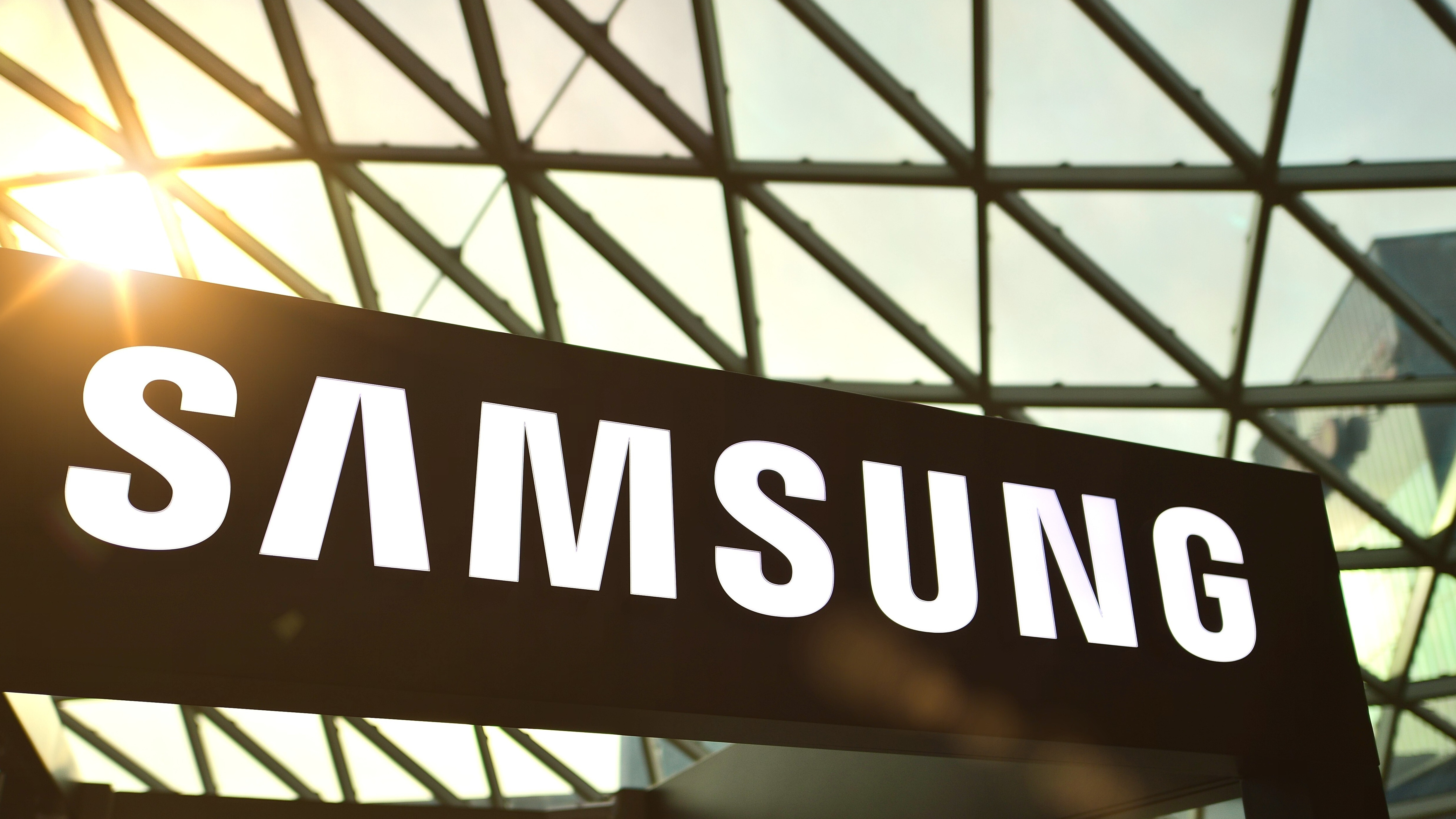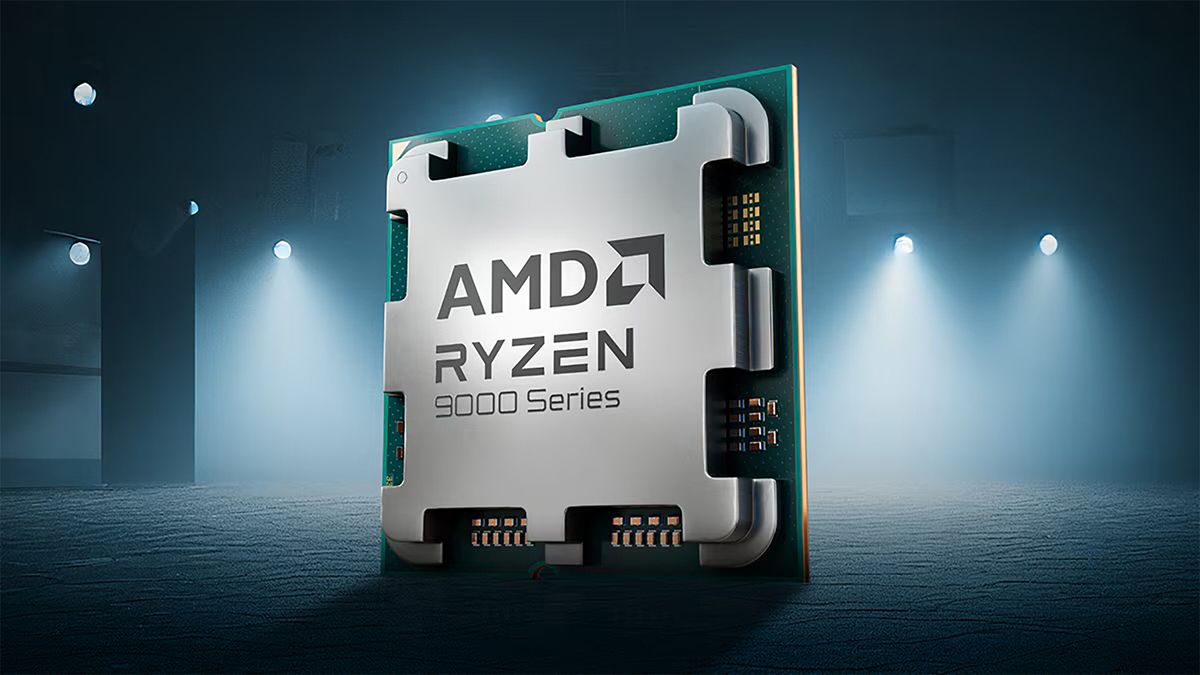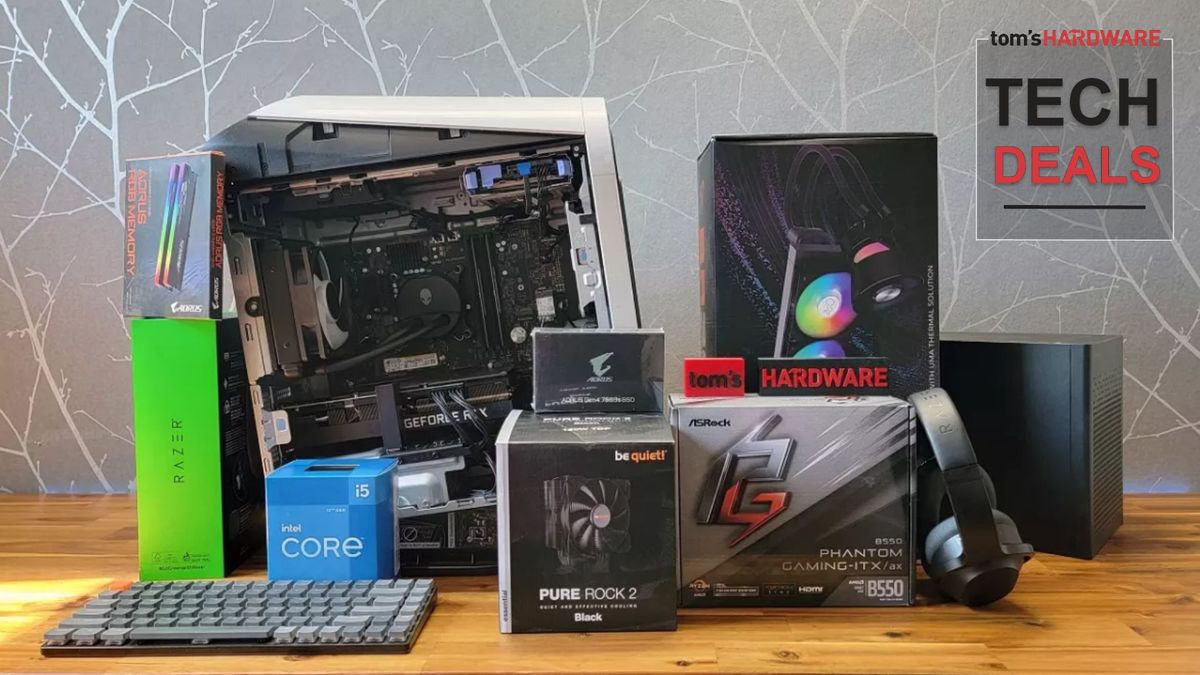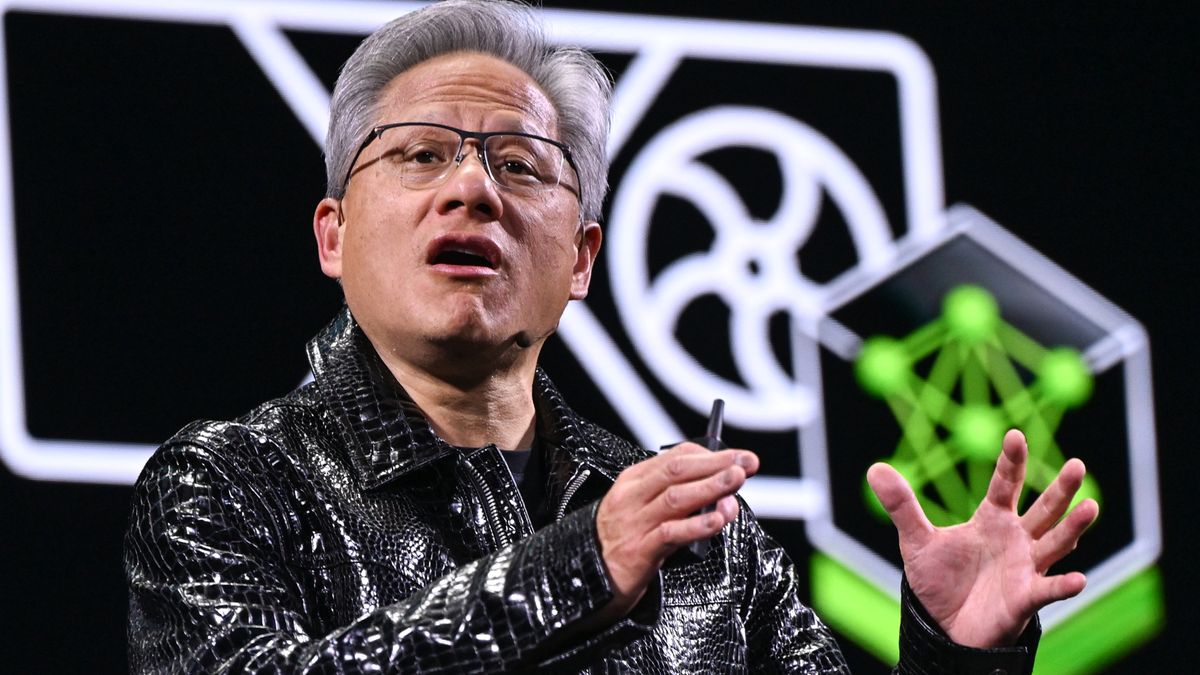Samsung, the second-largest memory chip maker after SK Hynix, is set to end production of its DDR4 chips to focus on newer technologies. DigiTimes Asia reports that orders for DDR4 memory chips will end in early June, with delivery for 8GB and 16GB laptop and desktop modules expected by December 2025. The company is making the move to free up manufacturing capacity for more lucrative technologies, including DDR5 and LPDDR5 memory for newer systems, as well as HBMs for GPUs and AI systems.
However, another possible reason that leading companies like SK Hynix, Samsung, and Micron are leaving the DDR4 market is the glut of cheaper options from Chinese manufacturers. CXMT and Fujian Jinhua have reportedly been undercutting memory prices by 50%, making them even more affordable than some reused chips. These companies have been able to capitalize on the leading companies’ focus on leading-edge technology, such as how two South Korean companies abandoned DDR3 production to focus on HMB3 last year, thereby outpacing them in the production of older technologies.
CXMT’s capacity reached 200,000 wafers per month in late 2024, with the company targeting 300,000, allowing it to further lower the prices of DDR4 chips. And despite being sanctioned by the US, Fujian Jinhua is also ramping up production to address the pullback of the leading companies. These more affordable chips are a boon for budget builders, but companies that prioritize reliability might be less than enthused with these industry developments.
Despite the expansion of Chinese chip makers, the pullback by major manufacturers is leaving a gap in the market. Memory module makers have reportedly had difficulty producing DDR4 chips, with some companies stockpiling more chips than normal. When paired with the unpredictability around President Trump’s tariffs, the seasonal patterns around DDR4 have been disrupted.
This caused DDR4 prices to jump by 10%, opening opportunities for Taiwanese companies like Winbond Electronics and Nanya Technology, especially as the U.S.-China trade war has the White House putting a 245% tariff on Chinese goods. And while Trump has given a reprieve to the tech sector, the situation remains highly fluid, leading to considerable uncertainty for many businesses and manufacturers.

 8 months ago
23
8 months ago
23










 English (US) ·
English (US) ·